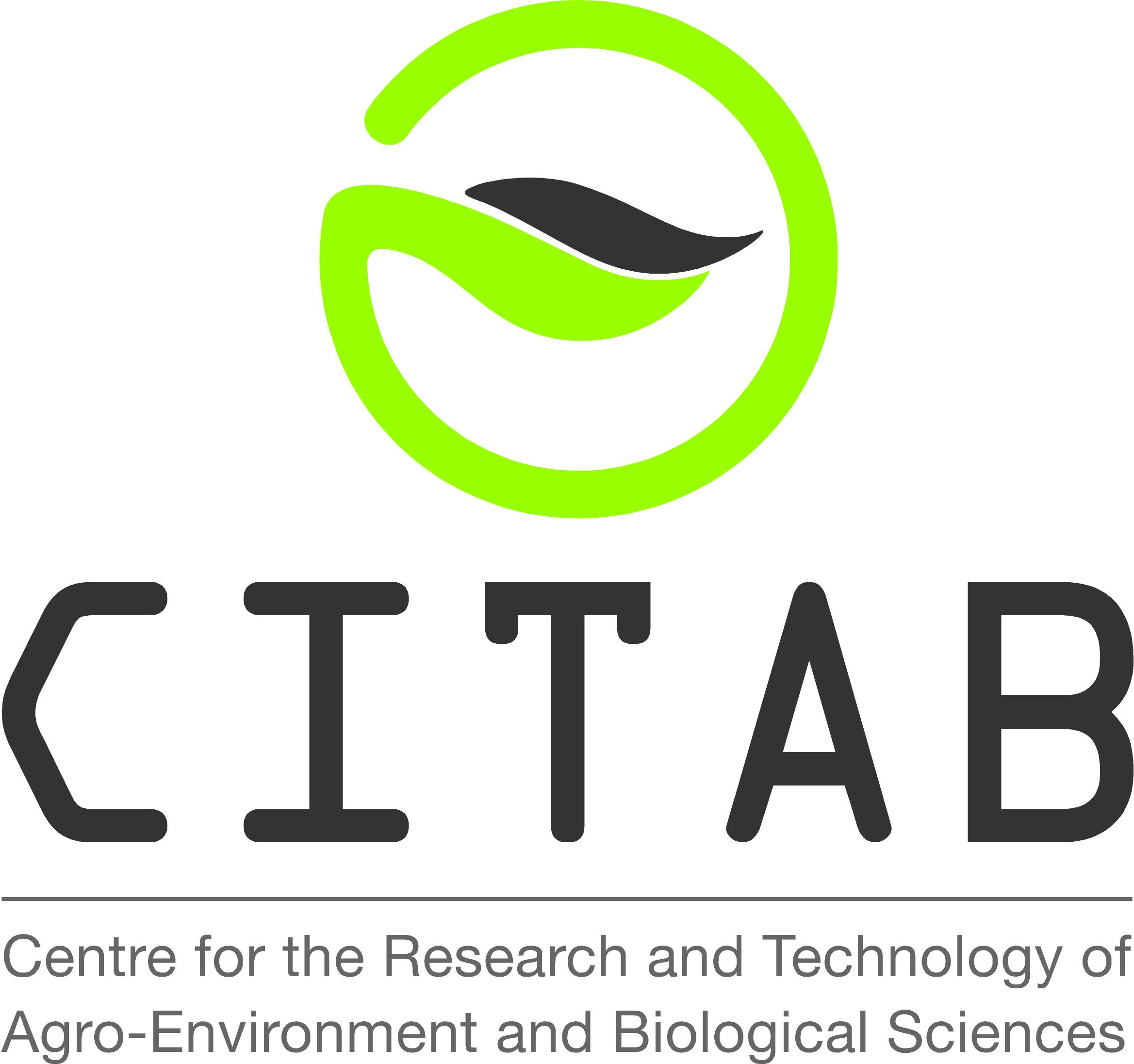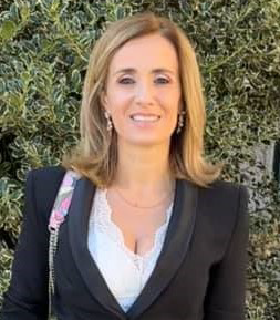I am an Assistant Professor with Habilitation from the University of Trá-os-Montes and Alto Douro. I have been the Director of the Centre for the Research and Technology of Agro-Environmental and Biological Sciences (CITAB) for 5 years (May 2017-July 2022) and of Institute for Innovation, Capacity building and Sustainability of Agri-Food production (Inov4Agro) for one year and half (January 2021-July 2022). I am responsible for the Phytochemicals Laboratory, and Coordinator of the Agri-Food Quality Group. My research targets are mainly in the identification, separation and recovery of functional molecules from different natural products, as well as their implementation as ingredients and bioactive compounds in food, with an ultimate goal to extract high added-value molecules and re-use them in the food chain (from agriculture to the consumer). In the last years, I was awarded with several prizes and distinction. I have published more than 100 scientific documents, including research articles, reviews and editorials, within the highest impact factor journals in the Food Science and Technology field (25 h-index, SCOPUS, August 2022). I was editor of 2 books and have written several book chapters. I have registered 8 national patents. I am editorial member of Antioxidants and Frontiers and have Special Issues in Molecules and Antioxidants journals. At the moment, I am also guest editor of several special issues in MDPI and IntechOpen. I have international collaborations and I am PI and member of several FINANCED RESEARCH PROJECTS with different typologies (last 5 years). I’m the coordinator from the European project WATELESS|TOPIC ID: HORIZON-CL6-2022-FARM2FORK-01-08.My scientific work has raised interest and has led to the SUPERVISION of Post-doc (3 concluded, 1 ongoing), PhD (9 concluded and 5 ongoing), Master (40 concluded and 7 ongoing) and Bachelor (46 concluded) students, as also more than 30 national and international PhD students visitors in CITAB. I have been member of organizing committees of scientific conferences, presented invited lectures in international and national conferences, and have >400 oral/poster communications, including papers in conference proceedings. I have been member of PhD and Master defenses and I also have 25 years of teaching experience. I served as an international expert evaluator for Agência Nacional de Inovação. I have assisted as an invited reviewer of several papers. Currently, I am also working in the research area of the cosmetic company Mesosystem.
ORCID: https://orcid.org/0000-0001-5834-6141

Abstract
Exploring winery by-priducts as a novel resources in the fight against antibiotic resistance
Ana Novo Barros
Centre for the Research and Technology of Agro-Environmental and Biological Sciences, University of Trás-os-Montes and Alto Douro (CITAB)/ Institute for Innovation, Capacity Building and Sustainability of Agri-Food Production (Inov4Agro), 5000-801 Vila Real, Portugal
* Correspondence: abarros@utad.pt
In the ongoing fight against antibiotic resistance, a growing concern among healthcare professionals and researchers, there is a need to explore innovative strategies. One promising avenue that has gained attention is the revitalization of winery by-products. These remnants of the winemaking process, which are often discarded or underutilized, possess the potential to contribute significantly to the battle against antibiotic resistance. By harnessing the power of winery by-products, we can not only address the environmental challenges associated with their disposal but also tap into a rich source of natural compounds with antimicrobial properties. Revitalizing winery by-products presents a promising opportunity in the fight against antibiotic resistance. By harnessing the natural compounds within these by-products, we can unlock their antimicrobial potential and develop alternative treatment options. This approach not only contributes to environmental sustainability but also offers economic opportunities for wineries. Through collaboration and innovation, we can embrace winery by-products as a valuable resource, paving the way for a future where antibiotic resistance is effectively addressed while supporting the growth of the wine industry.
